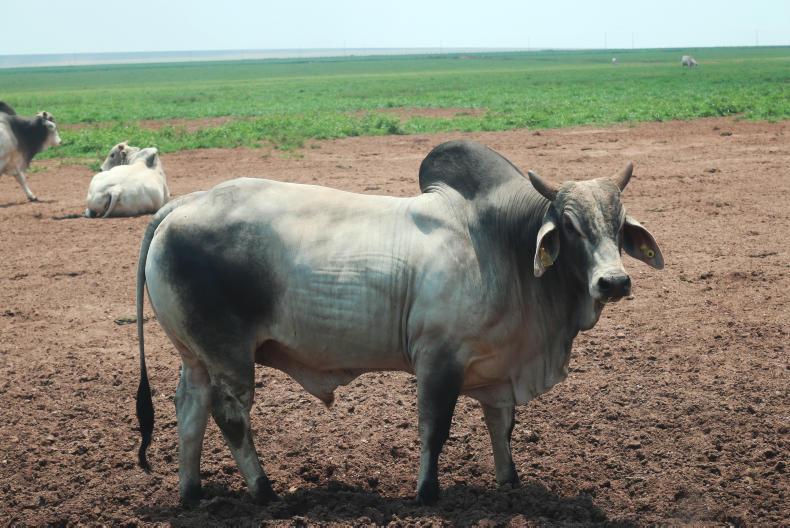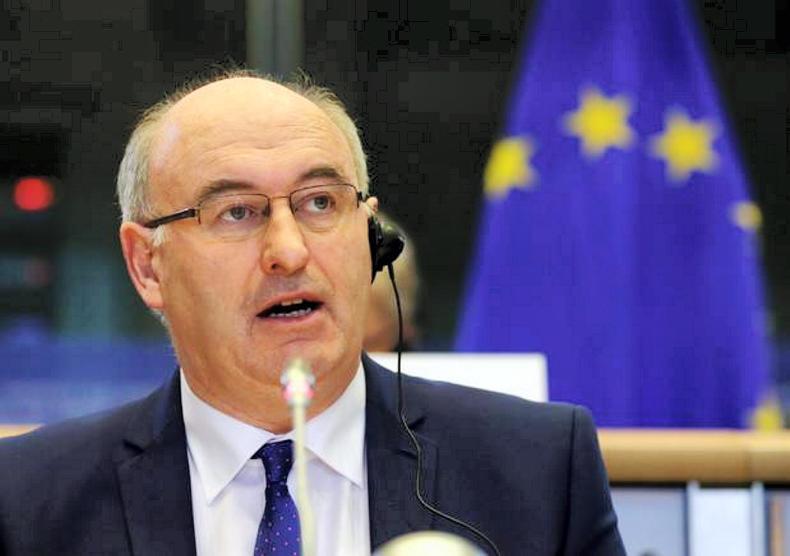Last week in Brussels, when the EU Parliament’s Agriculture Committee received a briefing from DG Sainte on Brazil, MEPs were queuing up to call for a ban on Brazilian beef imports to the EU.
It didn’t happen then and, one week later, it looks unlikely to happen unless new evidence emerges from intensified inspections that suggests the problems go beyond the four businesses already identified in the police investigation and currently suspended from exporting to the EU.
In fact, countries such as China, Chile and Egypt – among Brazil’s top export destinations – originally reported as having banned Brazilian meat, have subsequently adopted a position similar to the EU: favouring more inspection and confining bans to those identified in the investigation.
Ironic timing
It was also an ironic sense of timing that the latest round of EU-Mercosur trade discussions, the 27th in all, were scheduled to take place in Buenos Aires last week, when Brazil’s troubles were making the headlines.
Many MEPs were critical of the ideal of making a trade deal in the current environment but, in a negotiation that has now run for almost two decades, an individual incident like this was never going to blow the discussions off course.
It is reported in the South American press that the EU delegation said as much, referring to phytosanitary conditions contributing to a better understanding between both sides. For the negotiations that means it is business as usual, with the Brazilian police investigation treated as a hazard of the industry.
Coincidently, the EU Commissioner with responsibility for health and food safety in the EU, Commissioner Andriukaitis, was in Brazil at the start of this week on a scheduled visit, during which be met Brazil’s agriculture minister, Blairo Maggi on Tuesday. After this meeting he tweeted that they had a “frank and open discussion”.
The EU is clearly satisfied that the problem in Brazil has been ring-fenced and will now focus on enhanced inspections on product in transit to EU countries from Brazil and is planning to undertake an audit of Brazil’s controls and systems before the middle of May.
EU chief veterinary officers, who met in Brussels last Friday, were supportive of the position taken to suspend the companies involved in the investigation and agreed further inspection measures on product in transit.
Meanwhile, a large EU delegation was in Buenos Aires for the latest round of discussions on a trade deal between the EU and the Mercosur bloc in South America, of which Brazil is the leading economy.
In a positive announcement at the end of the week’s discussions, both sides talked of progress in moving a deal to a conclusion, referencing several issues that were progressed. There is no doubt the mood was positive and the next round of talks have been scheduled for Brussels in July.
The big issue
However, the big issue remains in what is probably the EU’s most difficult trade negotiation, namely what to do about beef.
This time last year, the Commission suggested tabling a beef offer to Mercosur of 78,000 tonnes, which never got off the ground and generated passionate opposition among several member states.
It never got member states’ approval and went no further. However, Brazil was subsequently reported as suggesting this wouldn’t be sufficient anyway and suggested 150,000 tonnes.
Since then we have had the Cumulative Impact Assessment on the effect of trade deals which confirmed what people associated with beef farming and processing had already said: that EU beef would be a loser in any trade deal with Mercosur.
This has equipped the Commission on negotiation and the term “realistic ambition” has been used several times since when referring to possible trade deals with major agricultural exporting nations, including the Mercosur countries, Australia and New Zealand.
It is this research – not the current Brazilian meat problem – that represents the best chance of South American beef access to the EU market being restricted in the event of a deal.






 This is a subscriber-only article
This is a subscriber-only article













SHARING OPTIONS: